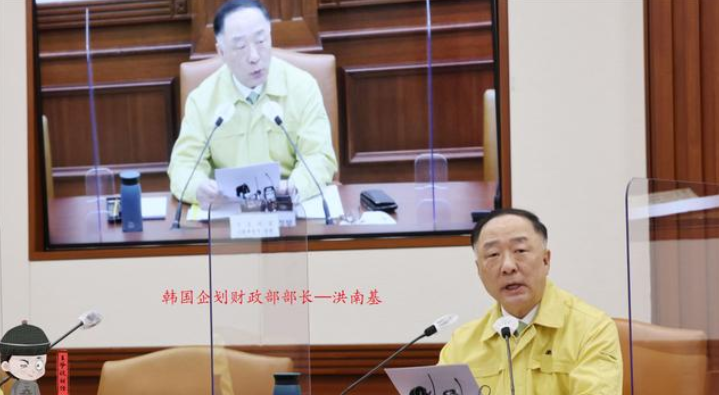The South Korean government will cut import duties to zero on three rare gases used in semiconductor chip manufacturing — neon, xenon and krypton – starting next month. As for the reason for the cancellation of tariffs, South Korea’s Minister of Planning and Finance, Hong Nam-ki, said that the ministry will implement zero-tariff quotas on neon, xenon and krypton in April, mainly because these products are highly dependent on imports from Russia and Ukraine. It is worth mentioning that South Korea currently imposes a 5.5% tariff on these three rare gases, and is now preparing to adopt a 0% quota tariff. In other words, South Korea does not impose tariffs on imports of these gases. This measure shows that the impact of the rare gas supply and demand imbalance on the Korean semiconductor industry is huge.
What this for?
South Korea’s move comes in response to concerns that the crisis in Ukraine has made supplies of the rare gas difficult and that soaring prices could hurt the semiconductor industry. According to public data, the unit price of neon gas imported from South Korea in January increased by 106% compared with the average level in 2021, and the unit price of krypton gas also increased by 52.5% during the same period. Almost all of South Korea’s rare gases are imported, and they are highly dependent on imports from Russia and Ukraine, which has a great impact on the semiconductor industry.
South Korea’s Import Dependence on Noble Gases
According to South Korea’s Ministry of Trade, Industry and Energy, the country’s dependence on imports of neon, xenon, and krypton from Russia and Ukraine in 2021 will be 28% (23% in Ukraine, 5% in Russia), 49% (31% in Russia, Ukraine 18%), 48% (Ukraine 31%, Russia 17%). Neon is a key material for excimer lasers and low temperature polysilicon (LTPS) TFT processes, and xenon and krypton are key materials in the 3D NAND hole etching process.
Post time: Mar-21-2022












